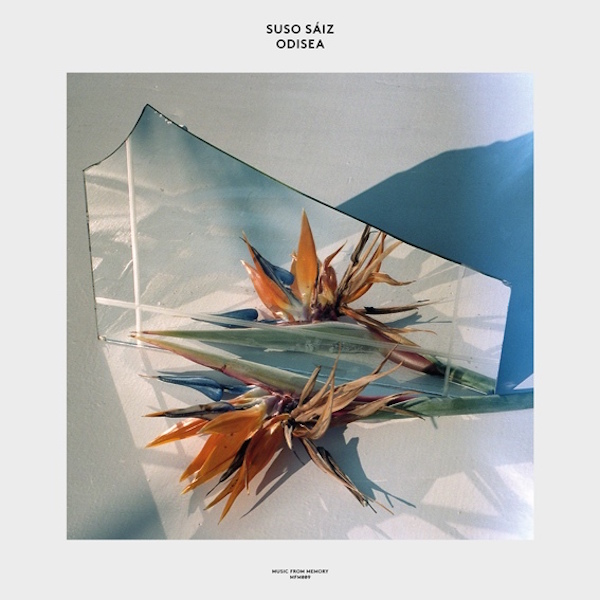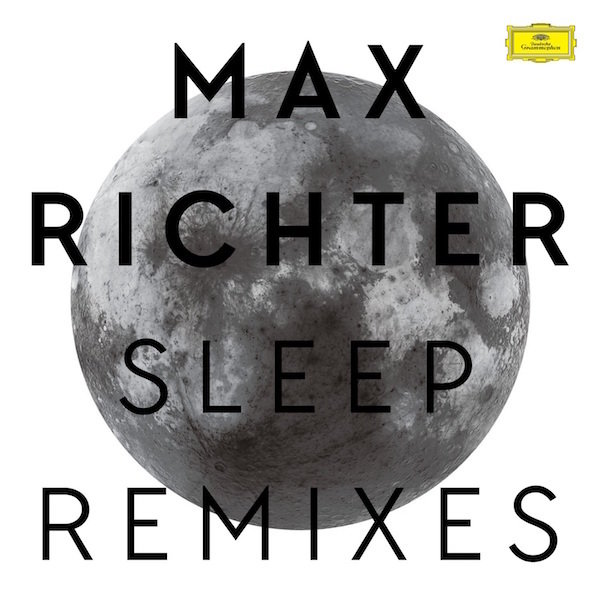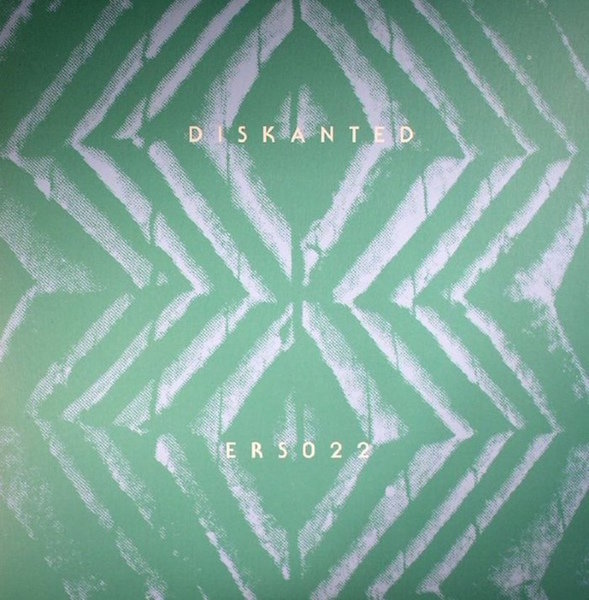Suso Siz
Odisea
Music From Memory

Music From Memory add Andalucian born producer, composer, arranger, and multi-instrumentalist Suso Sáiz to their catalogue, collecting eighteen tracks from seven of his albums, and one obscure cassette (not listed on Discogs), released between 1984 and 2006. The collection further bolstered by a number of previously unreleased compositions. In Spain Sáiz has been a bridge between the disparate musical worlds of the Pop and the experimental. While he founded the avant-garde groups, Orquesta De Las Nubes and Música Esporádica, he has also produced hits for Los Piratas, Duncan Dhu, and Esclarecidos.
Much of “Odisea” is minimalist. No surprise since Sáiz cites La Monte Young as an early influence. Simple, ever so slightly evolving solo piano or guitar refrains, are accompanied by subtle, unobtrusive electronic processing that allows each note to leave its history hanging in the air, like the sweet torture of a lover`s whisper remembered. A reverb of emptiness. Of emptied apartments. The image it paints is one of a sunlit, white room in storage, where the uncovering of the sheeted furniture results in flashbacks like the turning of the pages of an old photo album. An absent player at a keyboard. Absent dancers. “Un Hombre Oscuro”`s story is backed by the roar of children at play. “The Guardian” full of the spiralling chimes of their wide-eyed wonder, joined by pseudo-sacred healing chants and a hand drum. “Ya Son Dos Los Cielos” adds ethnic percussion in an an interpretation of Jon Hassell`s Fourth World, for a sunrise over Michael Brook`s “Distant Village”. “Prefiero El Naranja” adds a heartbeat. “Tierra Media” has bells and whistles sounding like alarms, like clocks conversing. A magical toy factory awakening. On “Se Que Estas Ahi” the bells are buoys, and harbour lights, departing ships. Farewells sung in a voice like Anna Homler`s “Breadwoman”. “La Muerte Del Agua” is The Cocteau`s, Guthrie`s, echoes in a shallow bay, CFCF covering Eno`s “A Various Language”, Jonny Nash`s “Exits”. There`s Hector Zazou`s “First Evening”, a reference that I used when writing about Gigi Masin`s “Talk To The Sea” and there are strong similarities with Gigi`s work. Both share an overall atmosphere of romance lost and the anguish of not wanting to let go but having to let go all the same, of happy memories eliciting sadness, of tears cried alone. An Ambient music of reflection as opposed to a New Age one of meditation. Sáiz has described his music as “a slow descent into the self”. Composing amidst the cultural explosion of a Madrid celebrating the freedom following the death of General Franco, he aimed to reproduce the city`s “hum”, the natural melody hidden beneath her bustle. In part he was creating personal lullabies, “hypnotics” based on loops that he`d constructed in an attempt to cure the insomnia caused by Madrid`s sensory overload.
“Una Gotta De Asfolto” breaks up the introspection with power chords and bubbling rhythms, Vangelis Katsoulis and George Theodorakis` machine currents, drums clattering like systems breaking down. “Linda Cubana” mixes treated organ swells, a Spanish guitar and a rattle of percussion, has Javier Bergia and Opafire walk through a Bibiloni Balearic Island heat haze. The closing track, “Odisea 3” is a cloud of fragmented field recordings, birds and winds, instrumental echoes, as if its protagonist were marooned in some alien desert.
There is a stillness here, hovering above bottomless bombs of sustain, disturbed by the odd angry Neil Young parabolic outburst, and with late night ghosts for company.
Suso Sáiz`s “Odisea” is in shops today, with an excellent essay by John Gómez included on the inner sleeve.
Music From Memory are also promising an additional compilation of Sáiz`s collaborative works and soundtracks.


